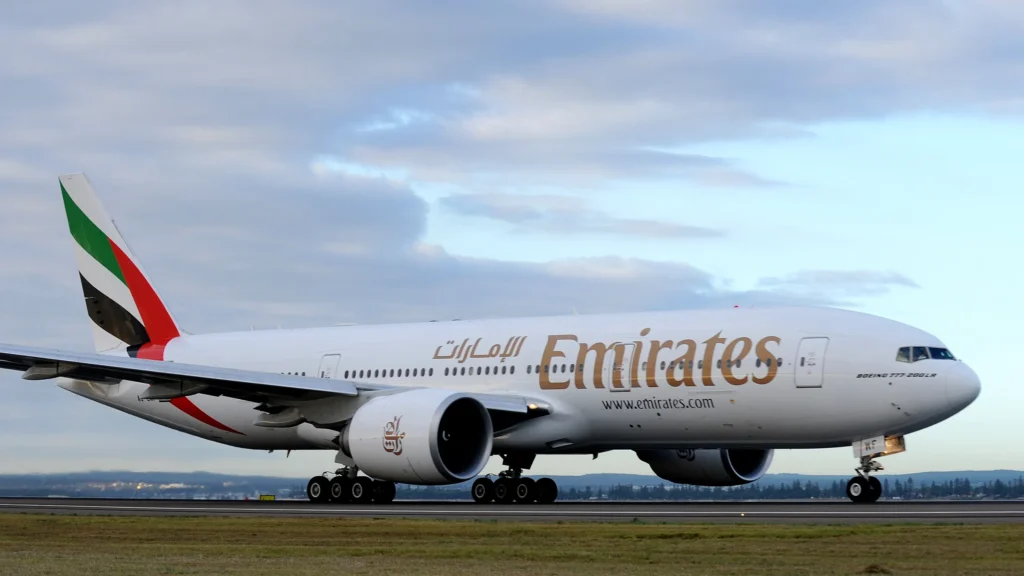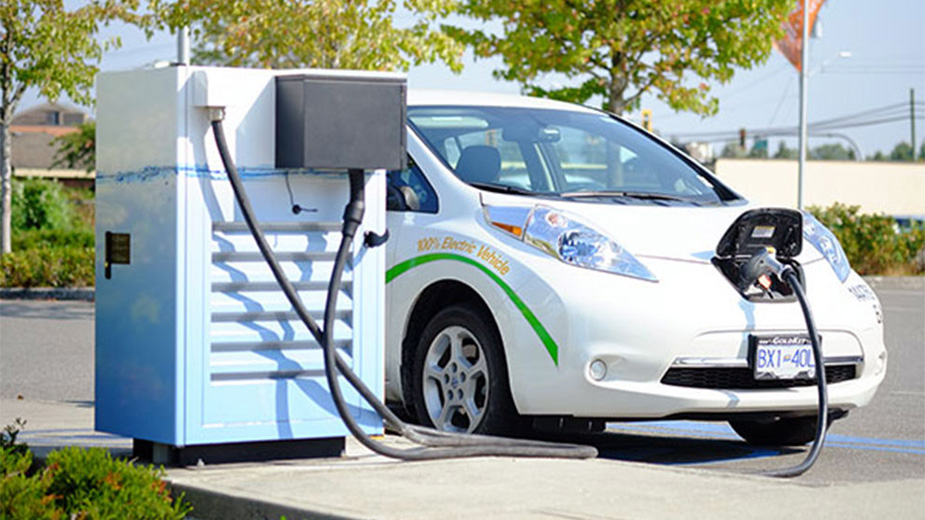
Angola’s central bank anticipates relative stability for the country’s kwanza currency throughout the year, Governor Manuel Tiago Dias stated on Saturday. However, he cautioned that the bank’s inflation forecast might be revised upwards due to changes in fuel price subsidies. Speaking to Reuters during the International Monetary Fund and World Bank spring meetings, Dias confirmed his expectation of consumer price inflation to reach 19% by year-end, a decrease from 20% in 2023 and 26.09% in March.
The governor highlighted the potential impact of any alterations in fuel price subsidies on inflation, warning that such changes could lead to higher inflation than currently anticipated. Across Africa, governments facing soaring debt costs and high pump prices have been attempting to eliminate expensive fuel subsidies, a move that has sparked protests in countries from Angola to Senegal and Nigeria in recent years. In 2022, oil-producing Angola spent 1.9 trillion kwanza ($2.3 billion) on fuel subsidies, accounting for over 40% of what the IMF estimated it spent on social programs.
Despite the kwanza’s approximately 40% decline against the dollar last year, the central bank governor expressed greater confidence in the current market conditions fostering stability. “Based on the information available at the moment, we will continue to have relative stability in the exchange rate,” he stated. During the spring meetings, Dias reaffirmed Angola’s commitment to a flexible exchange rate regime to both the IMF and investors.
Looking ahead to monetary policy, Dias emphasized the importance of monitoring the global economy, which he expects to remain relatively stable with global interest rates at relatively high levels. Additionally, persistent high oil prices are anticipated to sustain high export revenues in the second quarter. “Looking to the next quarter, our perspective is that the currency supply in the foreign exchange market will remain around $600 million monthly,” Dias explained. He also noted that any specific government intervention could increase this supply level, potentially contributing to exchange rate stability and a slowdown in inflation.
The Bank of Angola’s next monetary policy meeting is scheduled for May, following a 100 basis-point rate increase in March, which brought its main interest rate to 19%. The governor’s comments shed light on Angola’s economic outlook and the factors influencing its currency and inflation dynamics in the coming months.




